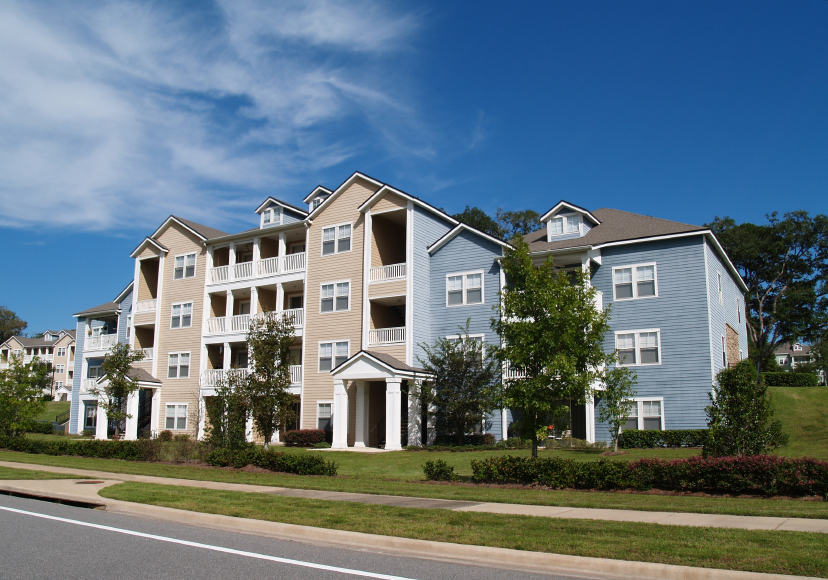Who Makes Investment Property Loans
There are many different types of lenders making investment property loans. Who are these lenders, and which is best for your particular needs?
Agency Lenders – Fannie Mae and Freddie Mac are among the largest investment property lenders, specializing in apartment building and multi-family lending for qualifying properties and strong borrowers. Borrowers applying for these loans should have good credit, personal net worth, liquidity, and experience. The investment property should be in good condition with a stable rental history. Properties with high turnover, vacancy or deferred maintenance will usually not qualify.
CMBS Lenders – Wall Street lenders have traditionally been active with Commercial Mortgage Backed Securities (CMBS) loans. These investment property loans, usually $3,000,000 and more, are more heavily subject to large interest rate swings as the rates are tied to the rates in the credit markets. Rates are lowest when there is a lot of liquidity in the secondary markets and higher when credit tightens.
Commercial Banks – Although commercial banks are still major investment property lenders, the recent real estate crash and recession has caused commercial banks to be much more conservative in their guidelines. Commercial banks have limited their lending areas, reduced their loan to value ratios, and tightened up their credit criteria. In addition, commercial banks have reduced their loan terms, preferring to keep their loan terms short – usually three to five years.
Regional and Local Banks – These banks are active investment property lenders in their local markets. However, most are looking for “relationships” with their borrowers. They want to see deposits and other banking activity moved to their banks. Most do not want one-time transactions or one-time loans.
Private Lenders - Due to the recent real estate crash caused by the recession, private lenders have stepped in to create access to capital for those borrowers unable to obtain traditional institutional financing for their investment properties. These loans are usually short term and at rates that are higher than institutional rates. These loans require less time to approve and usually close within 30 days. Private lenders are more concerned with property value and potential cash flow than with borrower credit issues.
Insurance Companies – Insurance companies have always provided low rate and long term loans on investment property loans. Insurance company loans are more conservatively underwritten (low loan to value ratios) and are offered on good properties and to qualified borrowers. Insurance company rates do not fluctuate with each and every move in the market as these loans are tied to the company’s internal cost of funds.
Credit Unions – Many larger credit unions are actively making investment property loans. Credit Unions typically like deals close to home and most expect to establish relationships with their borrowers (they like deposits). They most often compete with the local and community banks in the area for loans and deposits. Most Credit Unions require that the borrower live or work in their approved lending area.


